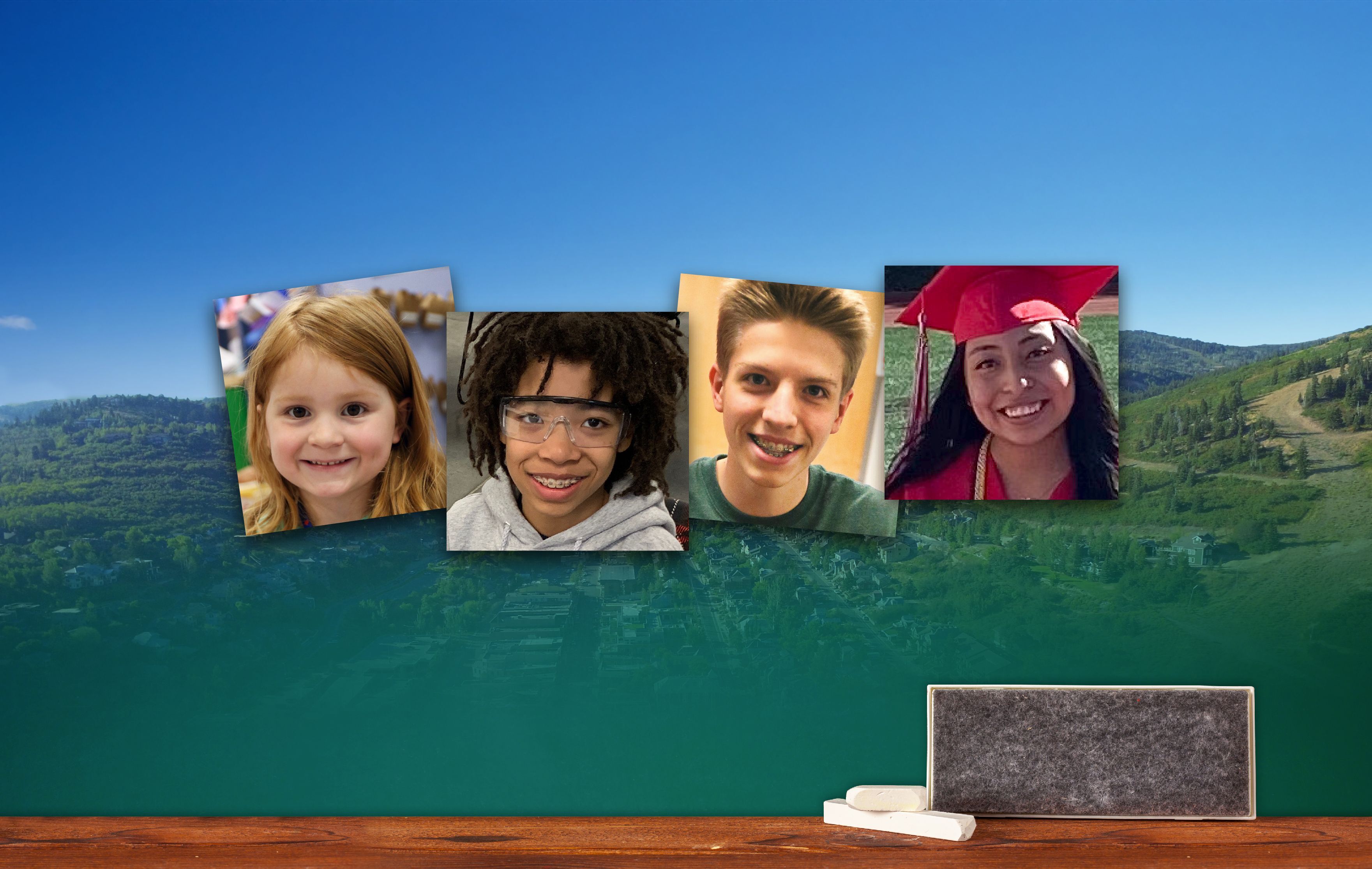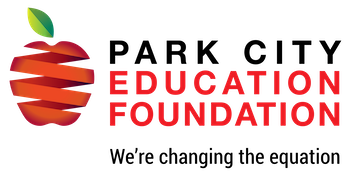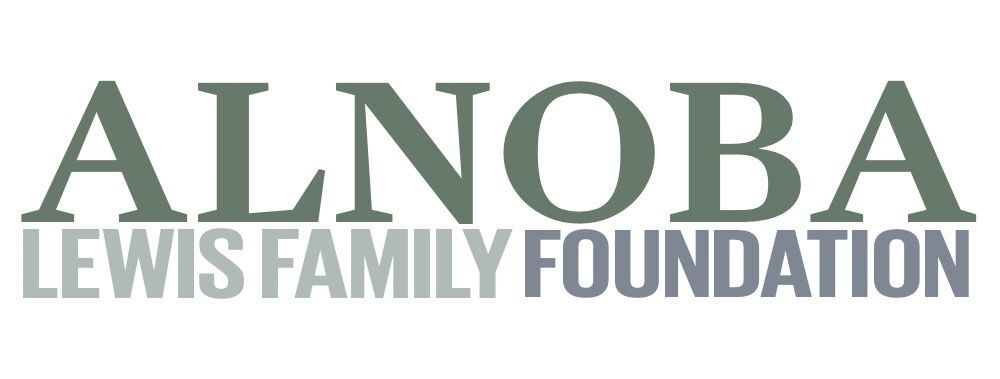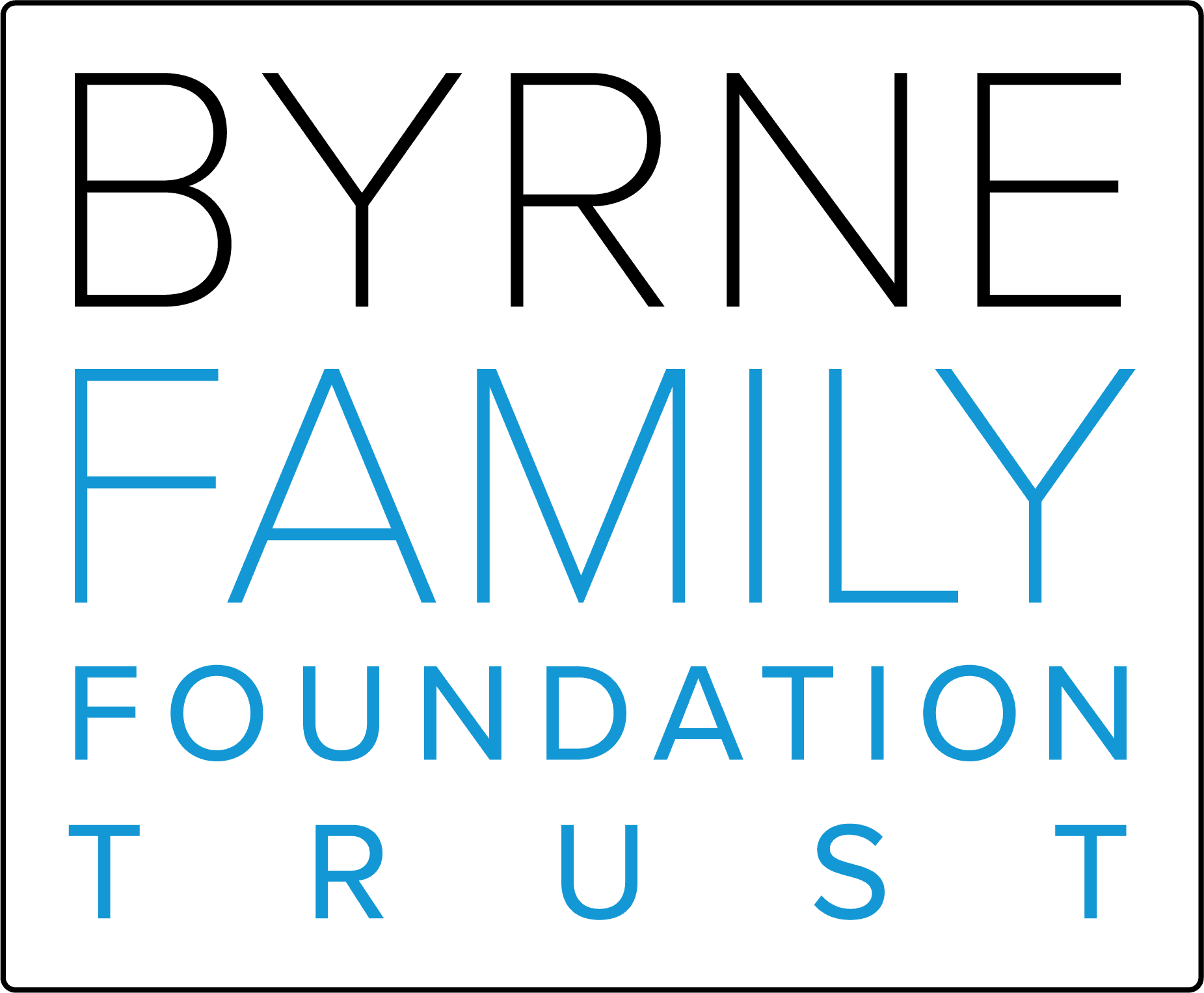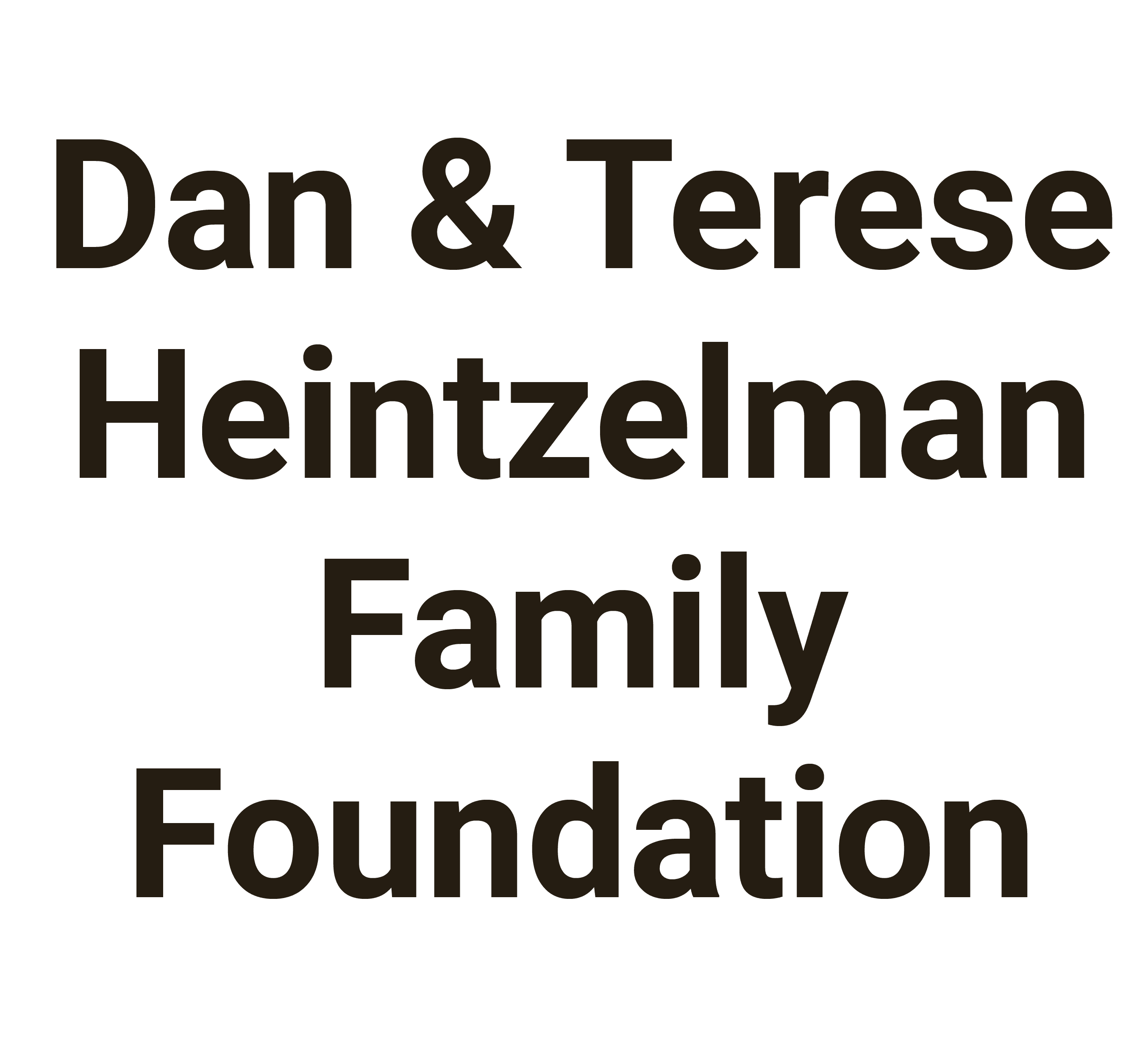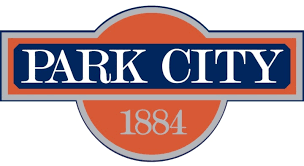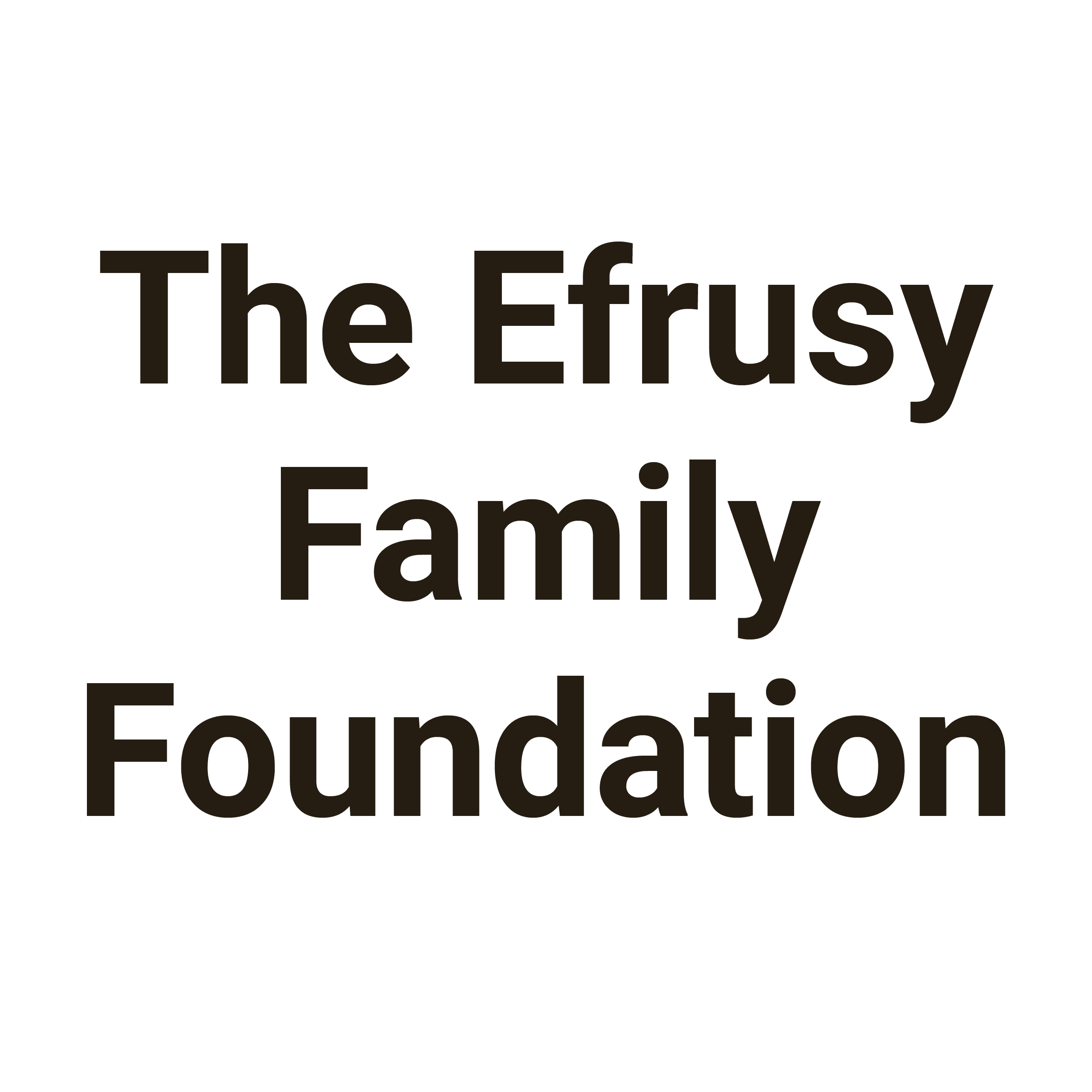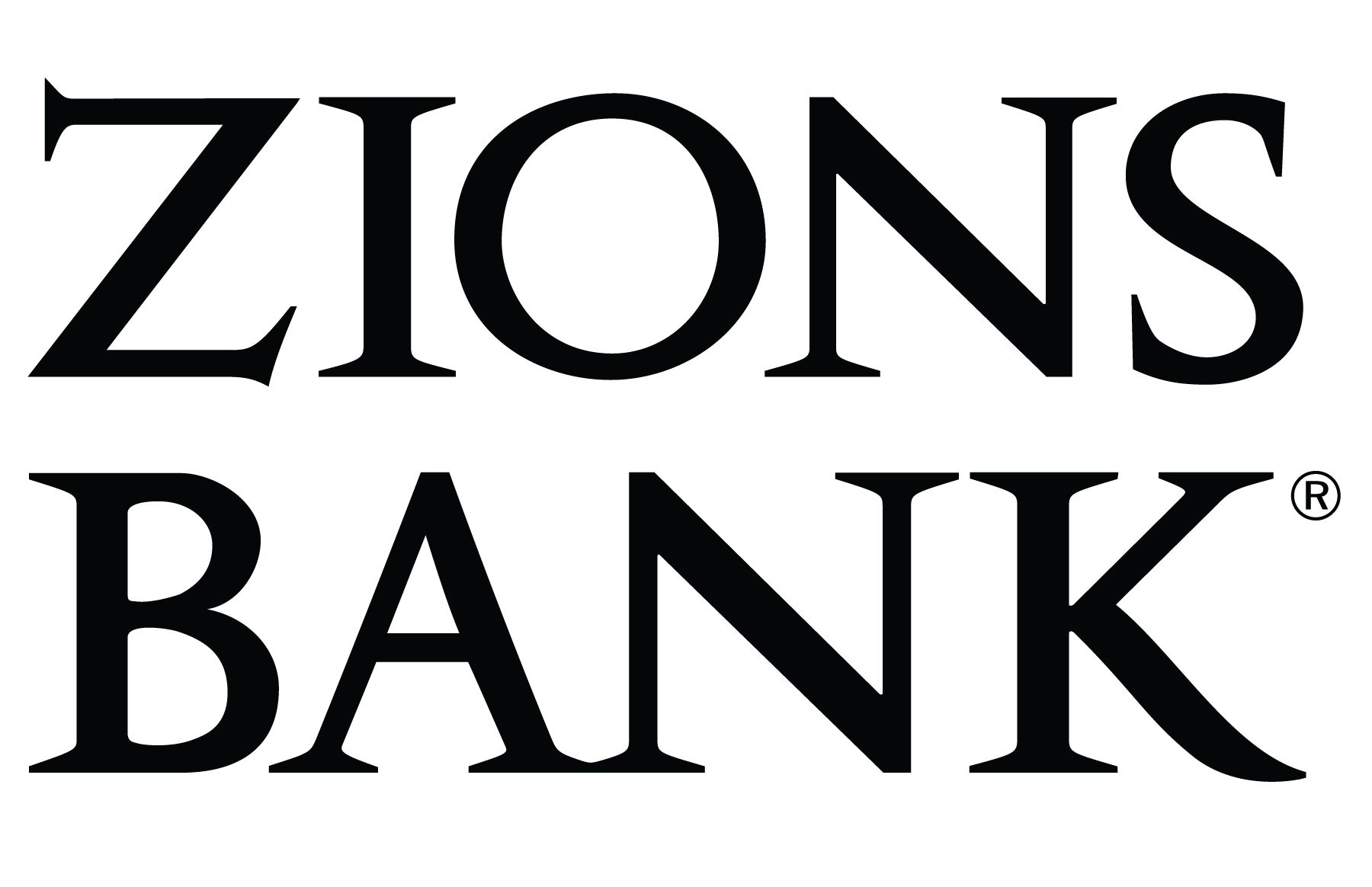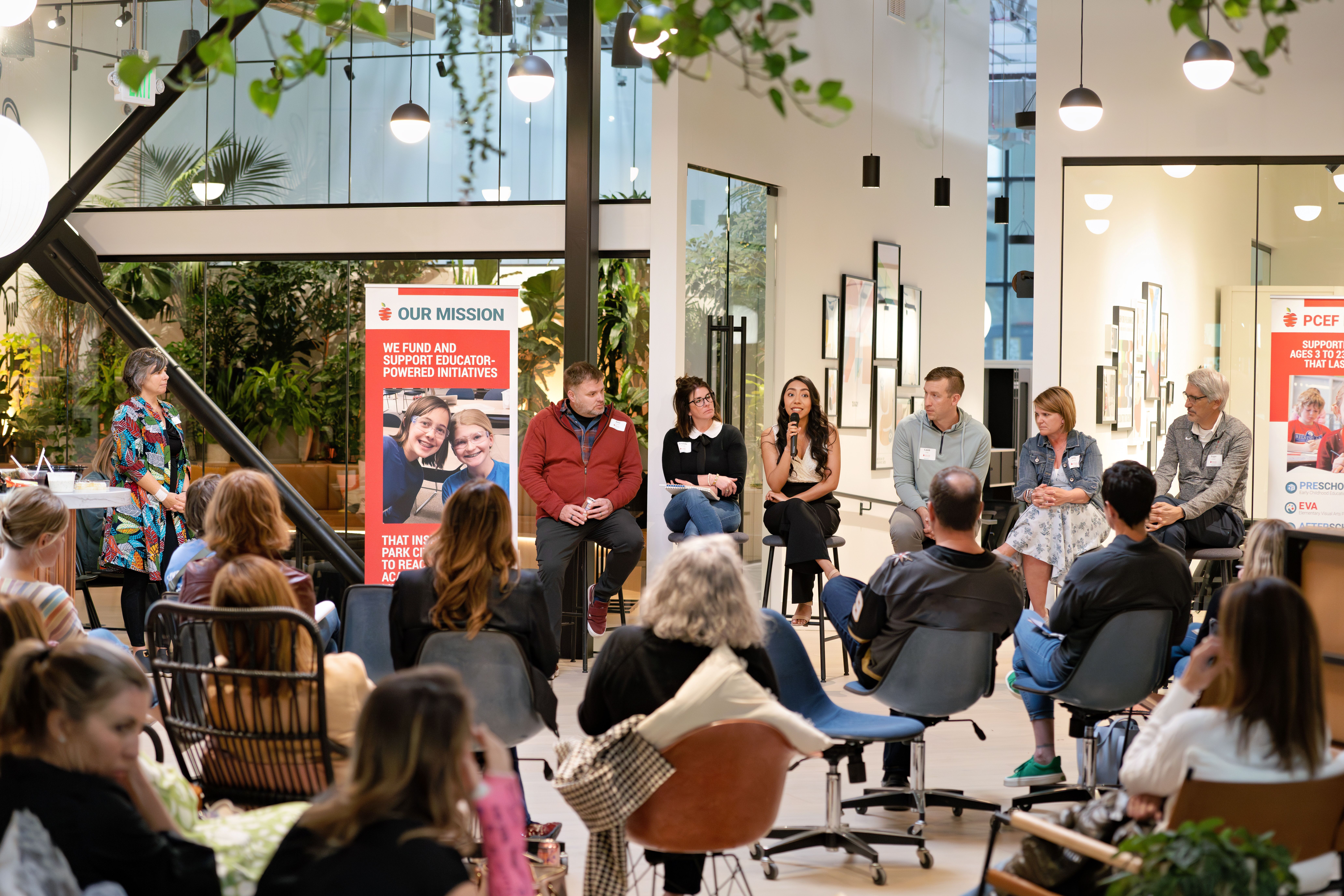
TOP TAKEAWAY → HAVE YOUR CHILD IDENTIFY A TRUSTED ADULT IN THEIR SCHOOL BUILDING
→ Ask your child, right now, if they have at least one trusted adult in their building.
→ This should be a person they can go to with questions, any issues, or in a crisis.
→ If they don’t have such a person, contact the school counselor or principal
→They will work with your family to identify someone and connect you.
READER GUIDE →
Bookmark for later, skim the overview for now!
- The panel provided SO MUCH helpful information: bookmark for future reference.
- Questions & key takeaways are outlined clearly to save your time.
- The full content is also included for deeper understanding when needed.
“Being a parent is not easy,” said Kara Cody, PCEF’s Programs Director, “and when things aren’t going well for your child, it can be devastating.”
Cody’s poignant words launched PCEF’s Educator and Student Wellness Speaker Series event, “How to Best Support Your Child Grades 6 - 12.” The series is a cornerstone of PCEF’s newest Signature Initiative, Educator and Student Wellness.
The event convened a panel of six of PCSD's own caring and trusted counseling and administrative educators as well as a private practice therapist to address:
- What to expect during these transformative years.
- Effective ways to build capacity as a parent.
- How incidents are handled.
- What resources are available.
- Specific contacts for specific questions.
- Useful ways to partner with PCSD in the best interests of your child.
“This panel was put together with what we wish we’d known in mind,” Cody concluded, before she handed the microphone over to the evening’s moderator, Mary Christa Smith, Founder and Principal of Conscious Coalition Consulting.
PCSD Educator Panel
--Roger Arbabi, Principal | Park City High School
--Caleb Fine, Principal | Treasure Mountain Jr. High
--Amy Jenkins Principal | Ecker Hill Middle School
--Niko Jensen, Counselor | TMJH
--Rebeca Gonzalez, Teacher | EHMS
--Amanda Wissler, Therapist | Amanda Wissler Counseling
First, Mary Christa (MC) invited the panel to share a word or two describing their work:
- Amy Jenkins (AJ) → In my work with middle schoolers – my word is flexible!
- Amanda Wissler (AW) → I’m now a private clinician; I used to work at TSES/ MPES, and Primary Children’s Hospital. In fact, I’ve adopted their motto: “The child first and always.”
- Caleb Fine (CF) → My word is relationships.
- Nikolai Jensen (NJ) → I’m an advocate for students and families in schools.
- Rebeca Gonzalez (RG) → Making a difference - someone made a difference in my life and I always said to myself I need to do the same for every one of my students.
- Roger Arbabi (RA) → My word would be collaboration.
Question 1 →
How do I help my student be their best self in school?
KEY TAKEAWAY: Students Must Know Their Rights.
- A student’s job is to come to school on time, do their best, and ask for help.
- The rest is on us.
RG →
I teach middle school -- I never thought I would teach middle school!
It was tough for me and I thought, “I never want to go back to that experience.”
I always tell my students: friends will come and go but family will last. I want my classroom to be like a family.
Your child wants to talk to you. See your kids as students that have so much potential. They’re just waiting for someone to say “you're going to be able to do this… [to accomplish things] in your life - dream it and work really hard for it.”
Someone told me that early on and it helped me overcome and be who I am today.
NJ →
First, students must know their rights. Their job is to come to school on time, do their best and ask for help. The rest is on us.
We need to let them know they have a RIGHT to raise their hand. A right to fair and equitable education.
Students that are IN school - those are the ones who have a voice…
→ And students who have a voice are 7 times more likely to be academically motivated!
→ If they are MOTIVATED, they’re more likely to be CONFIDENT in school…
→ And THAT makes them more likely to access support.
We like to talk about 3 things, which help with identity and development:
- What do you care about (values)?
- Who do you want to be (personality)?
- How do you want to make an impact in the world - right now; not just in the future (goals/development)?
Then, we can promote opportunities to allow them to act on those things right now!
RG →
It really took teachers who believe in me - and I want to assure parents that we have REALLY amazing teachers in the district - we learn from each other - we empower each other - I know that every student is getting a GOOD education.
I’m always asking myself, “How can I support my students to advocate for themselves, to speak up in class; to get extra help, to tell an adult when there is a problem?”
Question 2 →
What are the developmental changes in grades 6-12 - and how can we use that information to set appropriate expectations and provide support?
KEY TAKEAWAY: Natural Consequences are Critical… And Some CRINGEY Conversations.
- White brain matter (executive functioning, emotional regulation, impulse control) is not fully developed until age 23.
- Parents must let children “fly or fail forward” - if kids don’t figure it out now, they won’t have the tools to do so (and succeed!) later in life.
- Failing forward = a mistake with a solid support system in place.
AW →
During these years, it’s executive function and emotional regulation. It helps to have an understanding of early development of the right and left sides of the brain. R is the emotional side and it develops first, until age 4, which is why there are lots of tantrums. The logical L side doesn’t develop until age 7.
Teens actually go back to this a bit, since their frontal lobe is growing but not fast enough, so sometimes they FEEL a bit like toddlers!
Grades 6 - 12, a kid’s job is to:
- Develop more abstract thinking skills.
- Individuate from parents - this can feel scary for parents!
- Socialization is HUGE - it’s kinda like the number one development.
- Executive function development is the last to happen.
AGES AND STAGES: 6 - 12 GRADE
Frontal Lobe Development → 6th Grade - Age 23
White matter in our brain starts to increase around 6th grade. Adults have enough to help make decisions, exercise impulse control and executive functioning. It’s around age 23 that this is developed.
The individuation piece starts in 6/7 grade: they start questioning whether thinking differently from their parents is ok, they’re starting to feel and see and hear the world differently from parents.
Part of our role is to support that → EVEN WHEN THOSE CONVERSATIONS ARE SCARY, BLINDSIDE US, OR ARE CRINGEY!
We do this by saying, “Tell me more about that, tell me more about that,” again, even if it’s cringey!
Grade 6/7
Social development tends to dominate this stage. They realize there are different social norms, networks, cliques; they start to question where they fit, whether they want to fit. Peer influence takes over - more than parental influence.
Parents need to be patient with executive function. Students go from one or two teachers to up to seven teachers. Each has different expectations for their classes.
Kids are trying to figure out how to behave and find success in each class. Parents tend to hold on even tighter here. It’s our role to support - but it is our role to LET KIDS FIGURE IT OUT AND FAIL FORWARD.
This could look like: “I’ll help you check Canvas, but at the end of the day, I am going to let you fly or fail.”
If parents don’t let them figure it out as they develop – they won’t have the skills to succeed. At this point, failing isn’t failure… It’s a mistake with a support system in place.
Grade 8/9
This is BIG TIME pulling away. They need privacy. They hole up in their rooms, deal with sexual orientation and crushes - these are normal developments for this age.
When they share, parents need to be saying “Hmm, that’s interesting, tell me more…”
There is a lot of confusion in their brains as they try to individuate.
→ It is TOTALLY NORMAL to see big emotions and moodiness → one day your child loves you and wants to snuggle; the next day they’re like, “don’t even look at me I can’t stand you.”
It’s heartbreaking some days but we must remember navigating this ourselves.
Grades 10 - 12
Students’ critical thinking skills get really strong! They soar in the classroom, they’re having neat conversations, they start talking about college.
My overall conversations at this age deal with anxiety and overwhelm. This is a BIG process – “Who are you now - and who do you feel like you might want to be when you move to the next phase of life?”
There’s pressure from parents and - and there is a need to understand more of where parents are coming from and what their child needs…
AS A PARENT, you’re wrestling with how much failing forward you’re letting your child do - and what it looks like.
→ Because the older they get, the more it counts!
6th through 8th grade is the opportune time to fail forward. The conversation at that time is “what worked for you here? What didn’t? What do you need from me next time?”
That time in particular is incredibly important to let kids figure that out on their own and develop tools.
Still, parents need to let them have NATURAL CONSEQUENCES - even though it feels scary. When they become adults, they will be able to say, “oh, that didn’t work for me…” and then they will know how to adjust.
Question 3 →
What mental health services exist in our schools & how do kids access them?
KEY TAKEAWAY: Parents ARE Part of School Support Tiers - Which Exist for ALL Students.
- Parents are a crucial part of the support & learning team - stay involved!
- Students at all levels - which means ALL students - need support.
- Share information with educators.
NJ →
One of the first things we think about: What are the problems, what are the crises?
Mental health is something that happens. If you look at Mazlow’s Hierarchy of Needs, mental health is happening all the way through all of it!
We’re not just looking at a crash - wherever a kid is on the hierarchy, wherever they’re living: how do we focus on wellness? Focus on prevention (which happens before any crisis)?
Tier 1 →
First - teachers, counselors, administration, coaches - anyone in the building. This is the first line of mental health support for kids. Parents ARE A PART of this team!
It’s not being a helicopter parent - we DO need you as a part of this Professional Learning Community (PLC). You DO need to be a part of this process.
Tier 2 →
From there, we move to intervention counselors.
(List of counselors/admin can be found here.)
Tier 3 →
Then, when needed, outside resources in the community and beyond are utilized.
(PCEF has listed such resources here.)
Students can trust us. They do come to us to have those critical conversations - from basic needs to higher-level needs.
We can help them at the level they need it. It’s not just about the crisis - it’s about support at ALL levels for ALL students.
MC →
When my son was experiencing a challenge, he said he trusted Niko. My question is:
Who’s the FIRST PERSON I should call if my child is struggling?
NJ →
Your school counselor is first and foremost outreach - unless it’s academic, then you can go to the teacher, of course. But then, too, you can go to counselors - they are always advocates.
RG →
I love when parents email me to let me know what’s happening. If their child is sick, having a bad day, getting bullied, if they just need a little extra time, love, and attention.
It helps us, as teachers, to see them in a different light. When we know these things, we’re able to better support them in class.
One more thing - our kids don’t often hear that they’re ENOUGH.
Question 4 →
What signs will help parents know if an issue is something more than typical developmental struggle?
KEY TAKEAWAY: Red Flags & Tech-Free Time is of The Essence
- Red flag → direct statements of desire for self-harm.
- Red flag → extreme changes.
- Keep responses open-ended to encourage continued sharing.
- Call 9-1-1 for immediate help (additional resources here).
CF →
To begin, let’s back up a little - you gotta know your kids. How do you make intentional time with them? When you build structure within the family - that has to include TECH-FREE time to know your kid. I highly recommend a game night, a family dinner or activity. And be sure to make this tech-free time.
This is how you’ll see the potholes before any red flags. Everyone has to eat - make the dinners tech free - and enjoy the time with family.
RED FLAG → Direct statements of desire for self-harm.
These might come out in heated, emotional conversations. No matter how unlikely you think it may be, anytime these are uttered, you must follow up on them.
And be careful with responses and the follow up.
→ Be careful NOT TO SAY: “You’re not REALLY thinking about that, are you?”
This seems like you are passing judgment.
You need to keep these responses open-ended:
→ “Are you thinking about self-harm?”
→ "Do you have a plan?”
→ For urgent situations, seek help immediately.
→ All the way up to & including calling 9-1-1.
YELLOW FLAG → Trends of Many “Bad” Weeks
Bad days and bad weeks happen, but when you start to see trends - you start to get yellow lights. And when you know your kids, you can really see these trends.
If you do, reach out to us [administrators] and the counselors - and we can wrap our arms around them collectively.
Things like not eating, spending all their time in their rooms, if they’re highly agitated for a long period of time; if grades are slipping → parents can be the first intervention.
So - if you see a consistent trend, like grades slipping — but - if they're blaming others for doing badly on their assignments - that's not the worst thing ever, because at that point, they still understand that they SHOULD be achieving. This is much better than “I don’t care” - that removal is a big yellow light.
We want to be partners with you - let us know early and put us to work for you - that’s why we are here.
AW →
The kids hold it together throughout the school day. They have to be “ON” from class to class. Socially, academically, mentally, intellectually - they’re torn. When they get home, it can be one of their safest environments - and that’s where they lose it the most - because they are SAFE.
So, when your child says: “I hate you, Mom!”
What they mean is → “Thank you for giving me the safe space to melt down because I know you love and care.”
Try not to overreact too much to that!
RED FLAG → Extreme Changes
When we see extreme changes in our kids, grades dropping, things you know just aren’t your kid. Hiding in their room is ok, but it’s when they aren’t coming out and when they’re not lifting their head up from the phone – these are marked changes to notice.
Of note → Parents pay for their child’s phone in most cases. It’s your home and it’s ok to ask them from time to time to check out their phone. If you are concerned - it’s ok for you to check and ask what’s going on!
CF →
I have yet to find anyone who has found anything positive on Snapchat.
We also see vaping in our community - when we call parents to let them know about finding vapes parents are often surprised. Look through their phones and their bedrooms.
Question 5 →
How can I track my child’s academic progress throughout the week? What are the tools I should be aware of?
KEY TAKEAWAY: Give Yourself Permission to Be a Learner of School Tools
There are Canvas and Powerschool tools - and WAYS FOR PARENTS TO LEARN MORE ABOUT THEM if they don't already have access.
Give yourself permission to be a LEARNER - Canvas changes a lot and teachers use different platforms, etc.
We have amazing support, and if you have a question about child’s academic progress - ask the classroom teacher.
If it’s a more general question, ask the school counselor. They can quickly get in and see trends and patterns and show you the story of what’s going on.
Powerschool is a little different in EHMS - we only use it quarterly.
There are alerts you can set for yourself - DO NOT set daily alerts! Things are way too fluid day-to-day and things change.
Week-to-week - this is a good idea to check in and see how things are going.
Have a weekly conversation with your student. It works out well as a Friday or Sunday activity.
Sit down, look at what’s coming up, and have them make a plan with you, and then, at the end of that week you can look back and review.
If you can leverage that time to set goals and review - then you can present the opportunity to let them earn their weekend social time. If you partner with us in leveraging their social time outside of school it can be really motivating.
Ask them questions - and if it gets a little weird, then ask a few more questions - keep digging! And ask the teachers, too.
If you want more contact week to week, you can set that up with school counselors. We can do a sort of weekly communication for feedback.
There’s a Canvas and Powerschool orientation night, and we are always happy to do a zoom call with tech coaches. Teachers are happy to walk you through things.
We just want to be your partners and help you figure things out - there is a wealth of info at our fingertips and we want to share it with you!
Question 6 →
Who do I contact if I have a concern – academic, social, emotional - and what if my child is struggling in more than one class?
KEY TAKEAWAY: PCHS Students Should Have Some Ownership Over Issues
RA →
By the time kids get to high school, a lot of parents have a much more hands-off approach.
If there’s an academic issue, have the student reach out to the teacher first. They can have some ownership in this conversation. Have them try to solve it. THEN intervene if needed. After that, connect with the assistant principals or the principal.
As far as academics go, we track grades pretty closely. There are patterns: at midterm there tends to be a drop every quarter, then we start to work back up. Know that there are ebbs and flows.
If you have social or emotional concerns, our counselors are wonderful resources. For more acute issues or a crisis, intervention counselors. General concerns would go to school counselors, which are assigned sophomore year and follow throughout their high school years.
Question 7 →
Where can students turn for help if they are experiencing bullying or are concerned about the welfare of classmates?
KEY TAKEAWAY: Teachers Are Very Attuned to Students
RG →
I always ask if the student is ok when they walk through the door and seem sad or off.
There are times when I help students be advocates for themselves… they know how to do it and can help friends do the same thing (if something needs to be reported, etc.) I’m not your parent but I am your ally.
No student can learn if they're not ok emotionally. They can’t sit and engage in the classroom, they can’t connect if they’re upset. Students have relationships with teachers - encourage that. It makes a difference. They feel that they have someone in the building that they can trust. It’s so important to keep checking in.
AJ →
Teachers notice when your kids are not ok.
If your student doesn’t open up - often teachers email or text each other things like, “Someone please check in on ____; I just saw them in the hallway and it looked like they were sad or something happened.”
We keep an eye on each other - our teachers are very attuned.
Children will say, I don’t want to snitch - you’re not snitching - you're advocating for someone else's health and safety or your own!
Conflict is very normal at this age, but bullying is a different beast and we want to be sure we’re not seeing a pattern.
Physical aggression is taken seriously and addressed, other issues the students go through guided meditation with social workers, counselors, etc. Our students can report in person or online.
The SAFE UT app is monitored 24/7 through the University of Utah.
If there’s a critical issue it comes back to the school immediately. If something crucial is reported outside of school hours, it immediately goes to local law enforcement to be sure kids stay safe from things like suicide, threats of violence, etc.
There are so many safety nets that we incorporate into our schools and community that I have SEEN WORK and I have SEEN HELP.
There are many different ways that we make sure your kids are taken care of. It’s about flipping the narrative - it’s OK to tell us when something’s not right. It’s OK to have healthy boundaries. If someone is hurting you in some way, we are the ones who have the power to help.
CF →
If you feel like your child is being bullied - report. If they won’t – you do it. We will investigate and notify you about what we learn.
Most of the time, we’ll leverage resources in the counseling office and we are able to get it to stop - in some cases, the kids don’t even realize that they’re doing it and we have conversations and that will stop. No student should be bullied - unfortunately kids make bad choices.
RA →
We deal with human beings. It's a difficult task and we can’t monitor it all the time. Social media is a difficult beast to handle - it’s a really tough one. We deal with bullying cases QUICKLY. We investigate and look for the most restorative practices we can to be able to reconcile.
Question 8 →
What support does PCHS offer for college & application prep - and how can I best support my child in this process?
KEY TAKEAWAY: PCHS Has Incredible Resources & Students Get Into Top Universities
RA →
I’m gonna brag… PCHS gets our students steady for college!
We have 19 Advanced Placement classes and 31 concurrent enrollment classes.
73% of our students took at least one AP class - and we had a 76% pass rate - which is incredible.
More than 60% of our kids are in concurrent enrollment - which means they get college credit or accreditation after they complete the class.
Our counselors are at the frontline of this process. They attend FAFSA fairs, schedule times and days and nights where they are dedicated to help students with essays.
They attend conferences to make sure they know the very latest on what colleges are looking for. Colleges send reps to our school weekly to pass along what they’re looking for.
College and career information and discussions start in 7th grade.
AW →
Actually, as young as kindergarten!
RA →
There are meetings with parents starting sophomore year, then in junior and senior years.
Our school has a scholarship counselor - that’s a person dedicated to finding finances for scholarships.
Last year’s seniors (PCHS Class of 2022 of about ~400 seniors) had $14 million dollars awarded in scholarships.
Our students are getting into the top universities in and outside of the country!
Attendee Questions
Q: Schedules get crazy. As the parent of an elementary-aged young ski racer who wants to go through PCHS: Are there ways to make ski-racing work with the public high school schedule?
A: NJ →
We sit down with students and we create a plan that’s unique for each kid. We have resources that we can draw from - in person, online, in the community, we have a lot of students who stay in traditional schools and splice together schedules where they can meet requirements.
We sit down with you and craft; we find those elegant solutions for sometimes difficult schedules. There is a lot of innovation and lots of ideas - and as we approach realignment, the options are mind blowing!
A: AJ →
We are going through construction - and reconstruction! - of what school looks like and what schools could gain in flexibility and fluidity within realignment.
How do we mirror the outside career world in school settings? Even as we come up against some policy and state regulation bumps, there’s intention at the state level to create spaces for innovative educational experiences!
A: RA →
We work really hard to meet the needs of students. At PCHS, we have students competing at the world championship level. I think we do a lot of accommodations.
Q: Was there a reason why we couldn’t go virtual on snow days?
A: RA →
This has come up on multiple occasions - and it’s way easier at the high school level. But - the state doesn’t allow us to just do a remote day at only the secondary level. We would have to go remote for the entire district, and that simply doesn’t work well for our elementary schools.
A: AJ →
We are trying to figure out a way for elementary families to participate in remote learning days… conversations are happening!
Q: At what point does the student relationship with their counselor become engaging and important? What does that look like with every single student - whether they need it or not?
A: NJ →
This question is super important.
As you talk to your kids - ask them if there’s one adult in the building that they have a relationship with - and if they can count on them if they need help.
Every parent of children of all ages should immediately ask their kids this question.
It may be a counselor or coach or teacher - that gives them a baseline of feeling safe. Research suggests that this is VERY significant for kids’ wellbeing in school. If you’re not utilizing the counselor you're missing out on an advocate in school.
Q: How does a parent go about doing that?
A: NJ →
Ideally, I would love to hear that we are able to reach out to every single kid…
If you/your child haven’t met the counselor, email them and request a meeting.
In 7th grade the counselors are in their classes and doing activities for the College and Career Access (CCA) pathways, which gives students exposure to entry level classes for all potential pathways.
A: AJ →
[At EHMS] We team by colors each year, and we prioritize our advisory room teacher - go there first and then go up the tiers of intervention.
If they say there’s no one they trust in the building – reach out to us - administration or counselors.
They’ll call the student down and have a conversation. We will help them find their person/people!
Student Wellness Resources | Grades 6 - 12
Park City High School
→ Administration
→ Counseling Department
→ Outside Resources for Mental Wellness Support
Treasure Mountain Jr. High
→ Administration
→ Counseling Department
→ Outside Resources
Ecker Hill Middle School
→ Administration
→ Counseling Department
How To Best Support Your Child Grades 6 - 12 is PCEF’s third and final Educator and Student Wellness Series event for the 2022/2023 school year. Educator and Student Wellness is one of PCEF’s eight Signature Initiatives.
Prior 2022/23 Educator and Student Wellness Speaker Series events:
During Are the Kids Alright [after the disruption of COVID]?, renowned author and psychologist Dr. Michael Thompson shared:
- The four “protective factors” that will help our children.
- The children who are suffering most - and why.
- Six ways schools can nurture mental wellness.
Pediatrician and child psychologist Dr. Jason Rafferty presented Tripping through Adolescent Substance Abuse/Experimentation: What Parents Need to Know, which included:
- The underlying reasons for adolescent substance use.
- Risks to be aware of.
- How to talk to your children about this.
